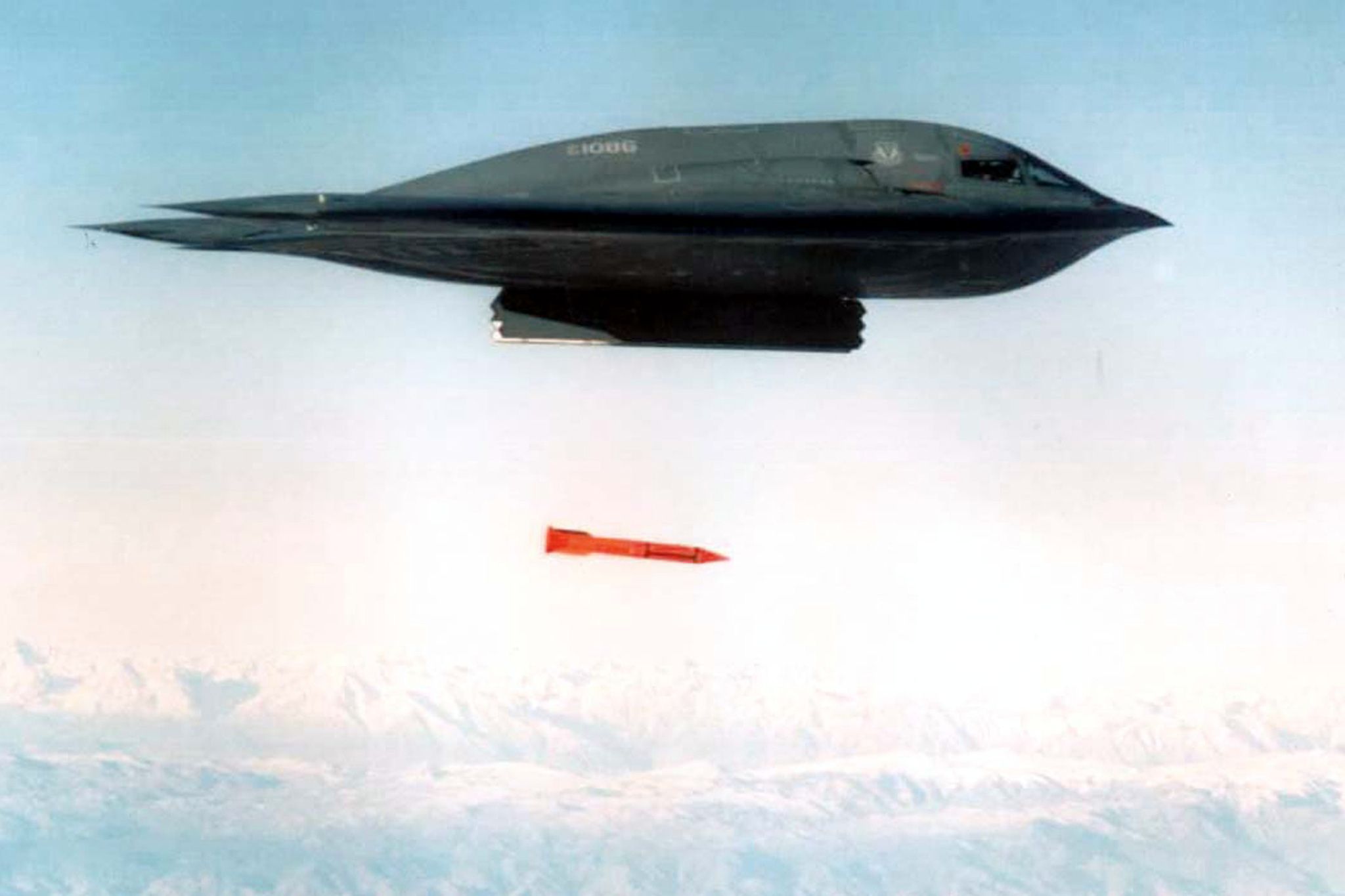
Russia's Ministry of Foreign Affairs fears updated, high-precision U.S. models of nuclear bombs will lower inhibitions to use nuclear weapons in combat, Russian state news agency Itar-Tass reported on Tuesday.
The B61-12 is a weapon that the U.S. has worked on for some time, testing a mock-up in 2015. The U.S. National Nuclear Security Administration announced on Tuesday that it had carried out another non-nuclear test of the model 12 and would continue doing so in the next three years, hoping to clear it for service. The weapon is meant to be the first precision-guided atomic bomb, and Russia does not like the sound of it.
"The advantage of the new modification of the B61-12, according to U.S. military experts themselves lies in the fact that it will be, as they put it, 'more ethical' and 'more usable,'" Mikhail Ulyanov, the head of the Russian Foreign Ministry's Nonproliferation and Weapons Control Department told Tass.
Referring to comments made by former undersecretary of defense James Miller and ex-President Barack Obama's key nuclear strategist General James E. Cartwright, Ulyanov expressed fears the U.S. may develop a more laissez-faire view of nuclear arms' use, knowing they "cause less catastrophic consequences for the civilian population.
"From this we can conclude that the clearing of such bombs for service could objectively lead to lowering the threshold for the use of nuclear arms," Ulyanov said. "This, we can imagine, is the main negative impact of the ongoing modernization."
The upgrade is, in the eyes of some U.S. defense experts, a needed replacement of an integral part of U.S. nuclear capabilities whose design dates back to the 1960s. Former U.S. General Cartwright defended the program in 2016, noting that increasing precision and shrinking the size of the arms means fewer will be needed to act as a deterrent in the first place.
Ulyanov, however, felt the U.S. and any of its NATO allies that may benefit from the upgrade sought the B61-12's potential clearing in response to what they perceive as Russia's nuclear posturing. Russian President Vladimir Putin and other Russian officials have issued a handful of verbal reminders that Russia's own nuclear capabilities exist to back up its foreign policy if needed.
North Korea's current nuclear missile program has topped the list of concerns for the U.S. of late, with a missile test flying over Japan taking place on Tuesday morning. Though Russia formally opposes the North's nuclear program, Moscow chose to once again condemn the U.S. for provoking the test by carrying out its annual defense drill with regional ally South Korea.
Uncommon Knowledge
Newsweek is committed to challenging conventional wisdom and finding connections in the search for common ground.
Newsweek is committed to challenging conventional wisdom and finding connections in the search for common ground.
About the writer
I am a Staff Writer for Newsweek's international desk. I report on current events in Russia, the former Soviet Union ... Read more
To read how Newsweek uses AI as a newsroom tool, Click here.








